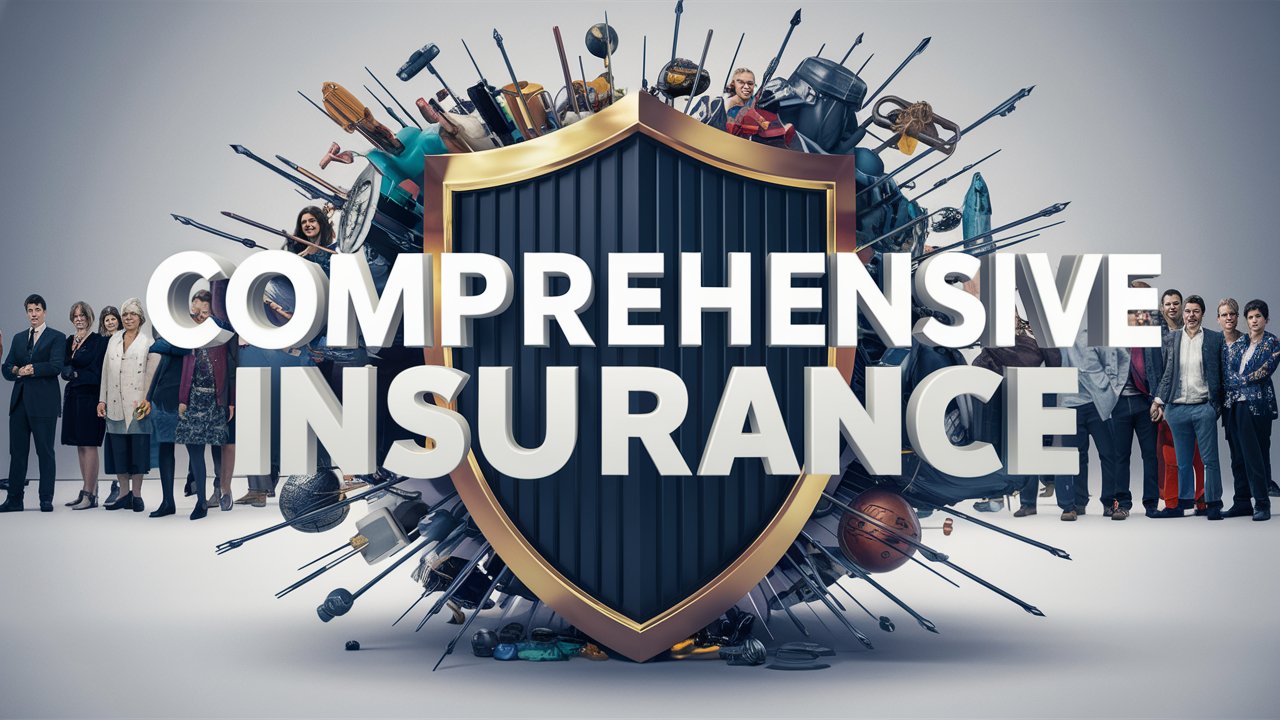Personal Injury Protection (PIP) is a crucial component of auto insurance that covers medical expenses for you and your passengers regardless of fault in an accident. It ensures you receive prompt medical care without delays from legal disputes, offering peace of mind on the road.
Introduction
Personal Injury Protection (PIP) insurance is a crucial component of auto insurance policies, designed to provide coverage for medical expenses and other related costs in the event of an accident. Also known as “no-fault insurance,” PIP extends beyond traditional liability coverage to offer financial protection regardless of who is at fault in a collision. This blog post delves into the details of PIP insurance, exploring its benefits, coverage options, eligibility criteria, and how it differs from other types of insurance plans. Whether you’re considering adding PIP to your policy or simply want to understand its significance, this comprehensive guide will equip you with the essential information.
Understanding Personal Injury Protection (PIP)
Personal Injury Protection (PIP) insurance is a type of coverage that is mandated in some states and optional in others. It provides benefits for medical expenses, lost wages, and other related costs resulting from injuries sustained in a car accident, regardless of who was at fault. This “no-fault” aspect sets PIP apart from traditional liability insurance, which only covers damages to others caused by the insured driver. PIP aims to expedite compensation for medical treatment and other expenses without the need for lengthy legal battles to determine fault.
Benefits of Personal Injury Protection (PIP)
Immediate Coverage for Medical Expenses
One of the primary benefits of PIP insurance is its immediate coverage for medical bills resulting from a car accident. This can include hospital stays, surgery, rehabilitation, and even funeral expenses if the accident proves fatal.

Coverage for Lost Income
PIP typically provides coverage for lost wages due to injuries sustained in a car accident. This ensures that injured parties can continue to support themselves and their families while recovering from their injuries.
Additional Services
Depending on the state and insurance provider, PIP may cover additional services such as childcare, housekeeping, and transportation expenses related to medical treatment.
No Need to Establish Fault
Unlike traditional liability insurance, PIP does not require policyholders to establish fault in order to receive benefits. This streamlines the claims process and ensures that injured parties receive compensation promptly.
Eligibility and Coverage Options
Eligibility for Personal Injury Protection (PIP)
PIP insurance varies depending on the state and insurance provider. In states where PIP is mandatory, all drivers must carry a minimum amount of coverage as specified by state law. In states where PIP is optional, drivers have the choice to add PIP coverage to their auto insurance policy for an additional premium.
Coverage Options
PIP coverage options also vary by state and insurance provider. Common coverage options include
- Medical Expenses
Coverage for necessary medical treatment resulting from a car accident.

- Lost Wages
Reimbursement for lost income due to injuries sustained in a car accident.
- Funeral Expenses
Coverage for funeral and burial expenses in the event of a fatal car accident.
- Additional Services
Coverage for additional services such as childcare, housekeeping, and transportation expenses related to medical treatment.
How Personal Injury Protection (PIP) Differs from Other Insurance Plans
Differences from Traditional Liability Insurance
No-Fault Coverage
PIP provides benefits regardless of who is at fault in a car accident, whereas traditional liability insurance only covers damages to others caused by the insured driver.

Coverage Extent
PIP typically covers a broader range of expenses, including medical bills, lost wages, and other related costs, whereas traditional liability insurance focuses primarily on damages to others.
Differences from Health Insurance
Specific to Auto Accidents
PIP is specifically designed to cover injuries sustained in car accidents, whereas health insurance provides coverage for a wide range of medical expenses unrelated to auto accidents.
No Deductibles or Co-Payments
PIP often does not require deductibles or co-payments, making it more accessible for injured parties compared to health insurance plans that may involve out-of-pocket costs.
Conclusion
Personal Injury Protection (PIP) insurance offers invaluable benefits for drivers and passengers involved in car accidents, providing coverage for medical expenses, lost wages, and other related costs regardless of fault. This “no-fault” insurance streamlines the claims process, ensuring prompt compensation for injured parties without the need to establish fault. Understanding the benefits, coverage options, and eligibility criteria for PIP can help drivers make informed decisions when selecting auto insurance coverage. Whether mandatory or optional in your state, PIP provides essential financial protection in the event of unforeseen accidents on the road.
For more details please visit our home page: Click Here

